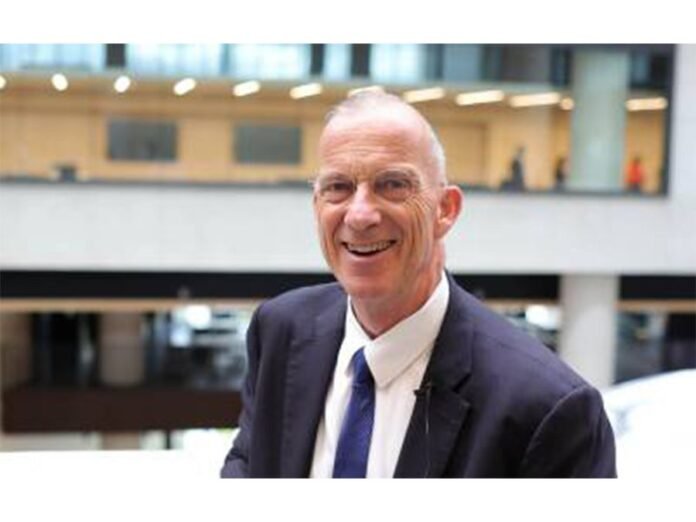University College London (UCL) played a leading role in UK Prime Minister Keir Starmer’s first official trip to India, a visit aimed at pushing forward technology and innovation ties between the two countries.
UCL’s President and Provost, Michael Spence, joined the delegation in Mumbai, where senior leaders from the UK government, academia and industry gathered to showcase their latest research projects and partnership plans.
UCL’s standout contributions
During the two‑day visit, Spence unveiled two major milestones for UCL in India.
-
MedTech partnership with IIT Delhi and AIIMS – UCL launched its first research projects funded through this pioneering collaboration. The teams will work on diagnostics, imaging, surgical tools and digital health solutions, with seed funds ranging from £5,000 to £20,000 per project. Projects announced include AI‑assisted surgical tools for thyroid surgery, paper‑record digitisation, light‑based labour‑monitoring sensors and low‑cost HPV‑cancer tests.
-
Global Disability Innovation Hub (GDIH) Africa program – a new trilateral collaboration with UCL East, Indian institutions and African startups. The program, funded by the UK’s Foreign, Commonwealth & Development Office (FCDO), will mentor six assistive‑technology (AT) ventures from Kenya, Ghana and South Africa. The partnership aims to boost market expansion and knowledge sharing across three continents.
UCL’s role in these projects highlights its global reputation in artificial intelligence, quantum research and medical innovation, and underscores its commitment to creating inclusive, accessible solutions that benefit people everywhere.
UK‑India trade and innovation agenda
The UK‑India free trade agreement, signed in July by Prime Minister Narendra Modi, sets the stage for deeper economic cooperation. Peter Kyle, UK Secretary of State for Business and Trade, emphasised the opportunity for British firms to invest billions in diverse sectors such as AI, education and financial services – all accelerated by research collaboration.
During the trip, UCL representatives met with high‑level Indian leaders, including Minister of Trade and Investment Jason Stockwood and state trade officials. Discussions covered opportunities in advanced manufacturing, clean energy, education, science and technology, and set the tone for the forthcoming Comprehensive Economic and Trade Agreement.
Voices from the partnership
- Michael Spence wrote that “international collaboration is essential to tackling society’s biggest challenges. By bringing together world‑class expertise across borders, we can accelerate progress in healthcare, technology and inclusive innovation.”
- Professor Alok Thakar (AIIMS) said the tripartite partnership “will set new benchmarks in medical technology and interdisciplinary research.”
- Professor Rangan Banerjee (IIT Delhi) highlighted the potential for cost‑effective medical innovations through the joint effort.
Why it matters
These collaborative initiatives demonstrate how research can drive trade, enrich diplomatic ties, and deliver real benefits. The MedTech projects are expected to produce life‑saving tools that will reach patients in India and the UK, while the GDIH Africa program aims to give people with disabilities more independent tools across three emerging markets.
With the UK‑India free trade framework in place, UCL’s partnerships are a concrete example of how academic and industrial leaders can turn policy into tangible, tech‑driven solutions that improve health, empower communities and create new jobs in both the UK and India.
For UCL, this visit cements its status as a global innovation hub and showcases its role in shaping technologies—from AI to assistive devices—that meet social needs worldwide.
Source: aninews
Stay informed on all the latest news, real-time breaking news updates, and follow all the important headlines in world News on Latest NewsX. Follow us on social media Facebook, Twitter(X), Gettr and subscribe our Youtube Channel.


